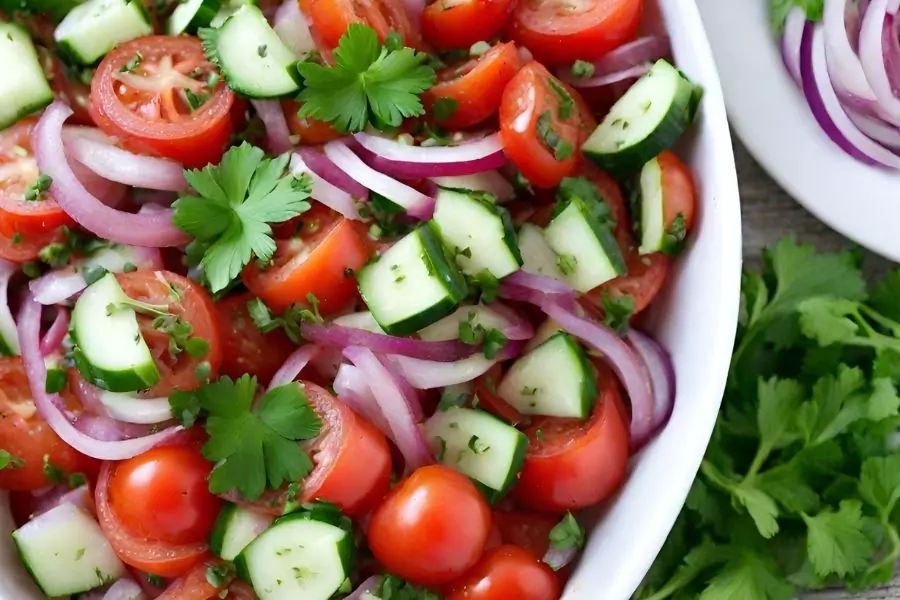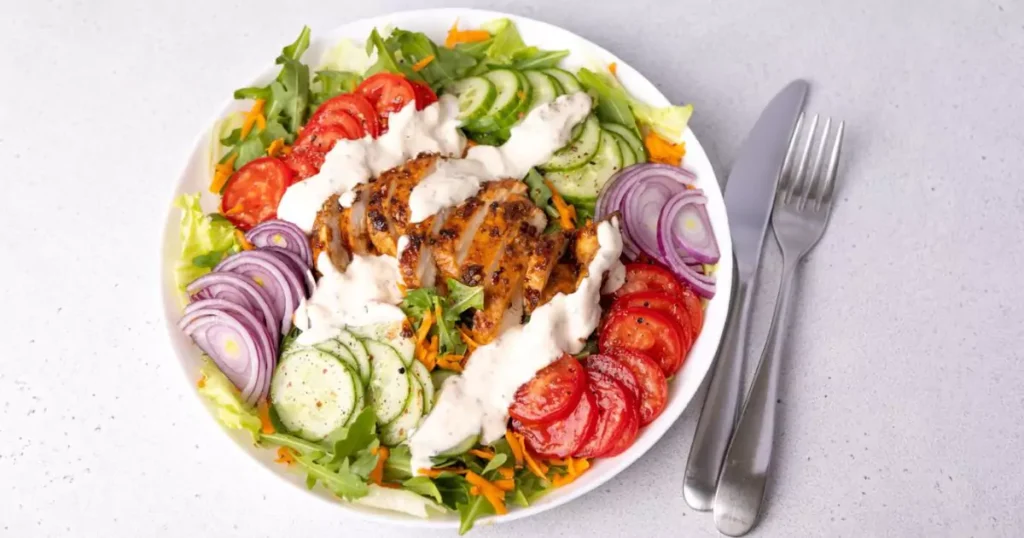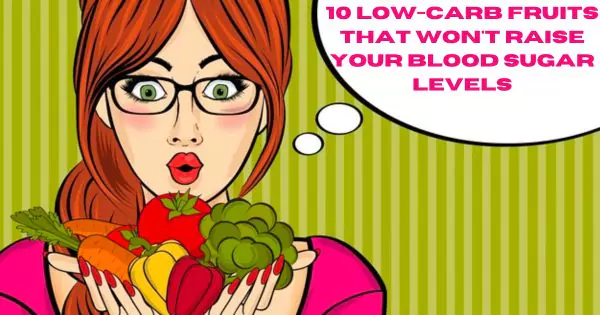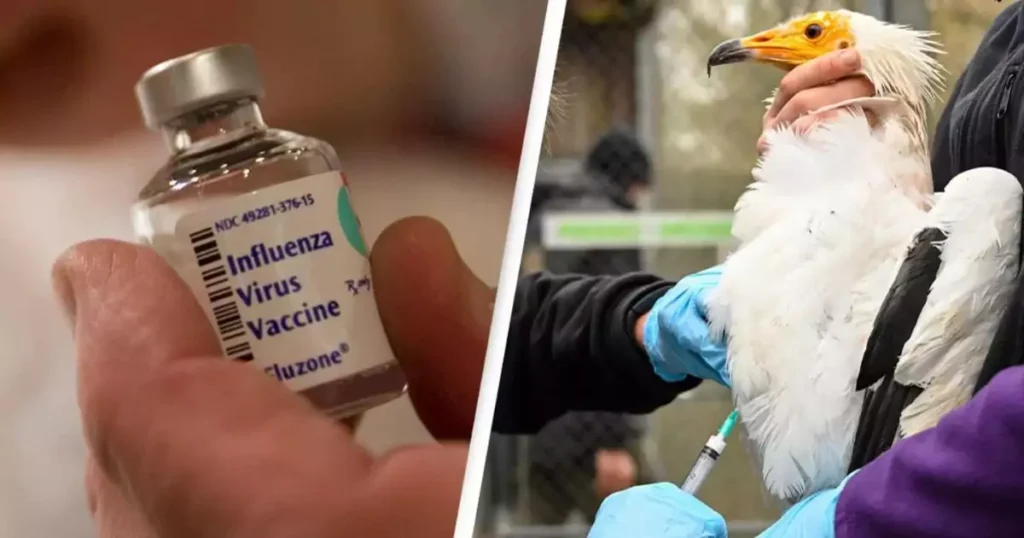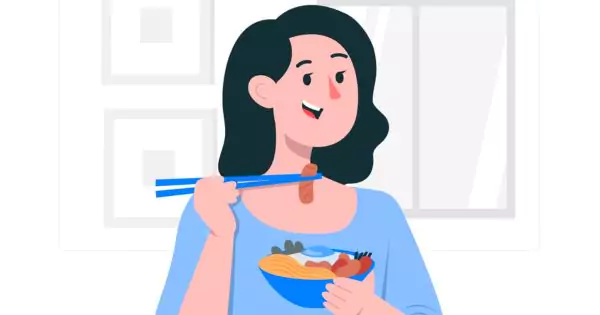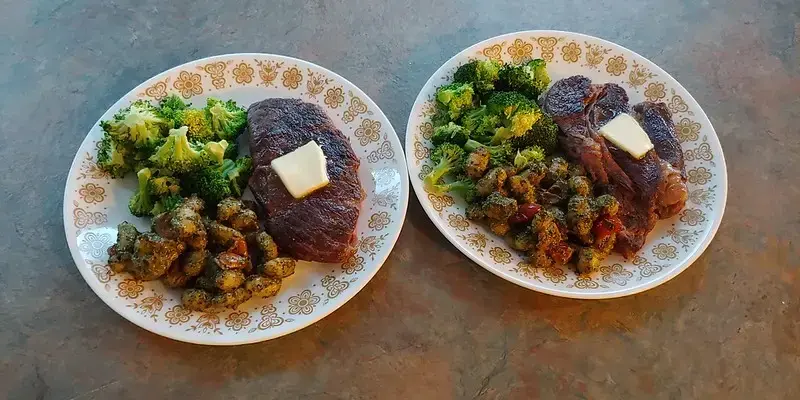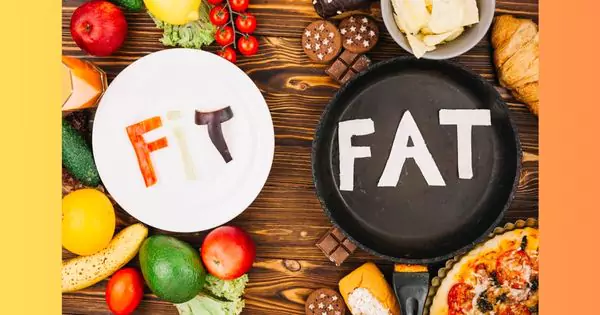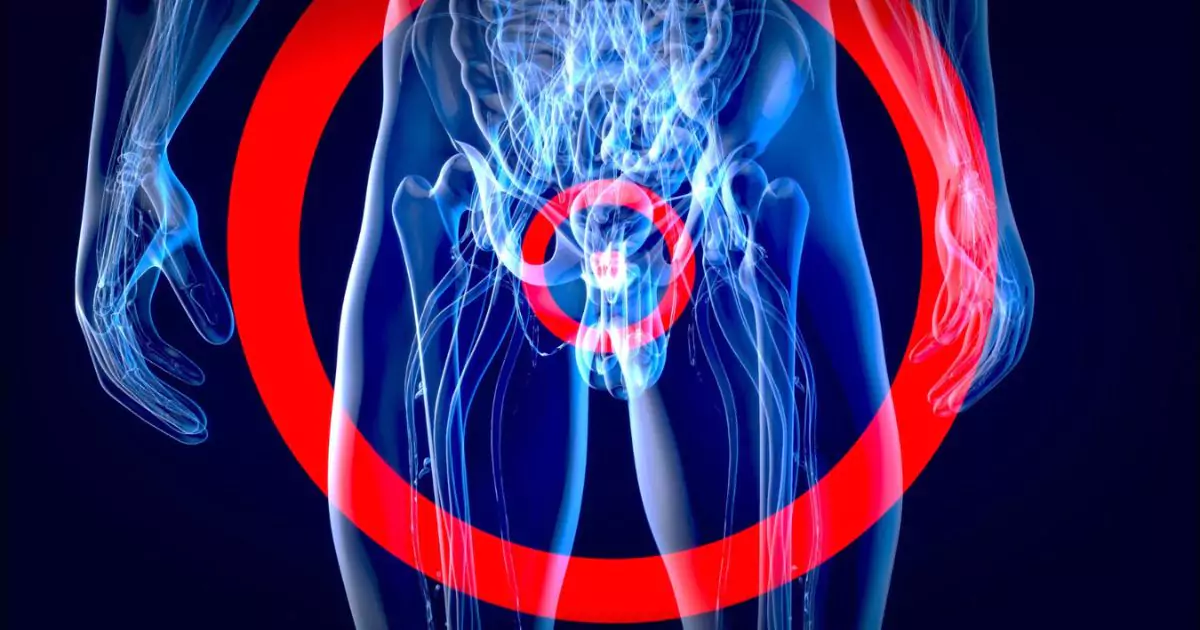
As cancer diagnoses among individuals under 50 continue to rise, top cancer experts in the UK are sounding the alarm about the potential role of diet in this troubling trend. Recent studies suggest that what you eat could be creating the ideal conditions for cancerous cells to thrive, and two common foods are now under intense scrutiny.
A Concerning Rise in Cancer Among Young Adults
A 2023 analysis reveals a startling statistic: over the past 30 years, the number of young people diagnosed with cancer in the UK has increased by 25 percent. This trend is even more alarming on a global scale, with an 80 percent increase in cancer cases among those under 50. While the reasons behind this rise are not fully understood, experts believe that diet plays a significant role.
Professor Charles Swanton, a leading oncologist and Chief Clinician at Cancer Research UK, has pointed to diet as a clear indicator of the “disturbing” increase in cancer cases. Speaking at the American Society of Clinical Oncology, Professor Swanton highlighted studies that link early-onset bowel cancer to specific dietary habits.
The Role of Gut Bacteria and Diet in Cancer Risk
One of the most concerning findings is the link between diet, gut bacteria, and cancer. According to Professor Swanton, certain bacteria in the gut, often found in individuals who consume a low-fiber and high-sugar diet, may initiate mutations that lead to colorectal cancer. These mutations can impair the body’s natural defenses against cancer, making individuals more susceptible to the disease.
Professor Swanton’s research indicates that diets high in processed foods, particularly those low in fiber, could be contributing to the rise in cancer cases. This is especially concerning given the prevalence of these dietary habits in modern society.
Red and Processed Meats
Another significant dietary factor linked to cancer is the consumption of red and processed meats. At the National Cancer Research Institute (NCRI) Cancer Conference, Professor Swanton emphasized that eating foods like ham and bacon could significantly increase your risk of developing bowel cancer. The World Cancer Research Fund (WCRF) supports this view, advising people to reduce their intake of foods high in saturated fat, sugar, and salt.
Matthew Lambert, a nutritionist and health information manager at WCRF, warned against the regular consumption of overly processed foods, which include not only red and processed meats but also cakes, biscuits, pastries, crisps, sugar-sweetened drinks, and fast food like pizza and burgers. These foods lack essential nutrients and fiber, making them particularly harmful when consumed frequently.
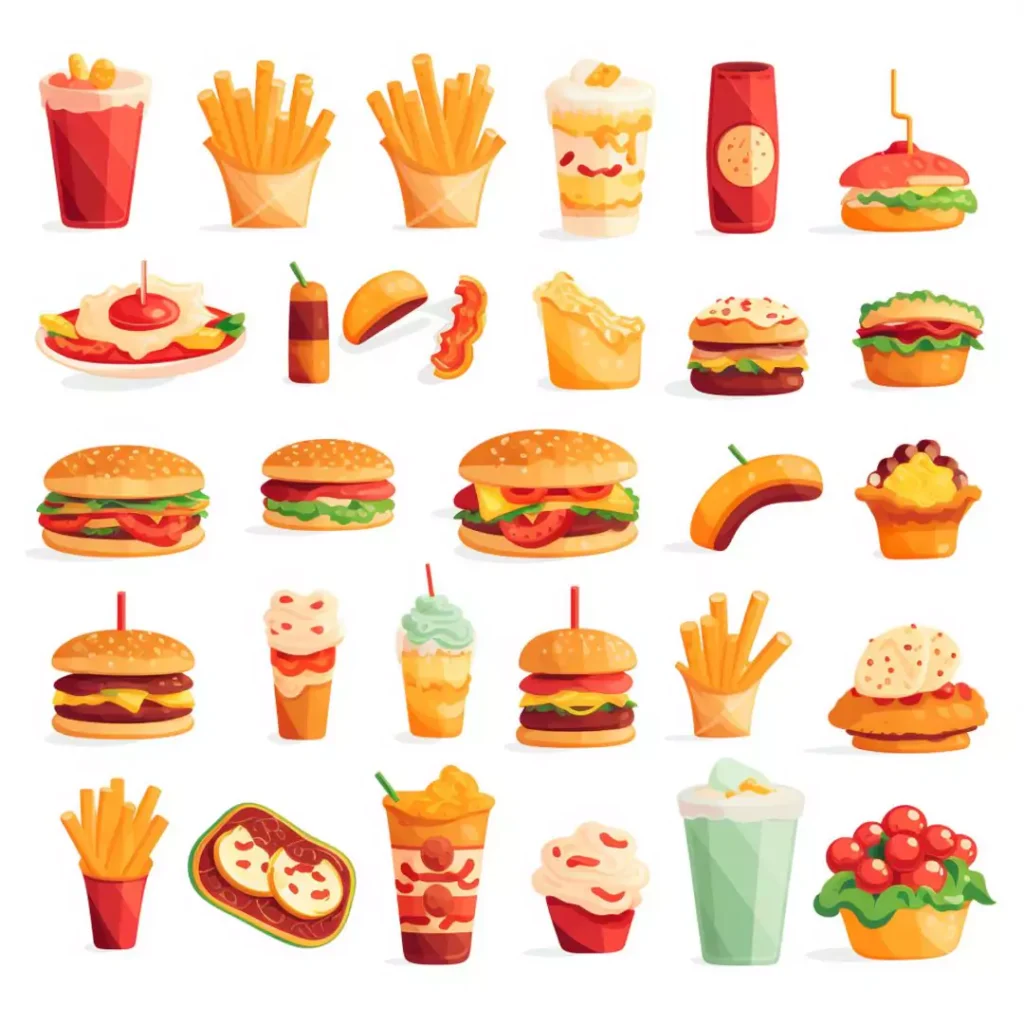
Precautions: How to Reduce Your Cancer Risk
Given the alarming rise in cancer cases among young adults, it’s crucial to take proactive steps to reduce your risk. Here are some practical precautions based on expert recommendations:
- Limit Processed and Red Meat Consumption: Reduce your intake of red and processed meats, such as ham, bacon, sausages, and other similar products. Opt for leaner proteins like poultry, fish, and plant-based sources such as beans and legumes.
- Increase Fiber Intake: Incorporate more high-fiber foods into your diet, such as whole grains, fruits, vegetables, and legumes. A high-fiber diet supports a healthy gut and may help prevent the growth of harmful bacteria that can lead to cancer.
- Cut Back on Sugary Foods and Drinks: Minimize your consumption of foods and drinks high in sugar, such as cakes, biscuits, sugary beverages, and desserts. These items not only contribute to obesity—a known risk factor for cancer—but also create an environment in your body that may encourage the growth of cancer cells.
- Avoid Overly Processed Foods: Limit your intake of highly processed foods that are often high in unhealthy fats, sugar, and salt. Instead, focus on whole, nutrient-dense foods that provide essential vitamins and minerals.
- Adopt a Balanced Diet: Aim for a balanced diet that includes a variety of fruits, vegetables, whole grains, lean proteins, and healthy fats. This approach not only supports overall health but also reduces the risk of developing cancer and other chronic diseases.
- Stay Informed and Consult with Healthcare Professionals: Regularly review your diet and lifestyle with a healthcare provider, especially if you have concerns about your cancer risk. They can provide personalized recommendations based on your health history and dietary habits.
The Global Impact and Call to Action
Dr. Nicholas DeVito, a prominent voice in the battle against cancer, has also emphasized the dangers of junk food diets, particularly in the United States. He argues that the rise in cancer cases among those under 50 is directly linked to the increasing consumption of unhealthy foods. Dr. DeVito has even called for the ban of certain foods that are high in cancer-causing substances.
In an article for STAT News, Dr. DeVito wrote, “The desire to protect people from substances that cause cancer and other diseases should transcend party affiliation and political motivation to overcome industrial lobbying efforts.” His statement underscores the urgent need for public health policies that prioritize the well-being of individuals over the interests of the food industry.
Taking Charge of Your Health
As the incidence of cancer among younger populations continues to rise, it’s more important than ever to be mindful of your diet and lifestyle choices. While cancer can affect anyone, making informed decisions about what you eat can significantly reduce your risk.
By limiting the intake of processed and red meats, increasing fiber consumption, and avoiding sugary and overly processed foods, you can create a healthier environment within your body that is less conducive to the development of cancer. Remember, your diet is not just about fueling your body—it’s about protecting it from potential harm.
If you’re concerned about your cancer risk or have been affected by cancer, support is available. You can speak to someone in confidence by contacting Macmillan’s Cancer Support Line at 0808 808 00 00, available from 8am to 8pm, seven days a week. Taking these precautions and staying informed can help you reduce your risk and maintain a healthier lifestyle.
















